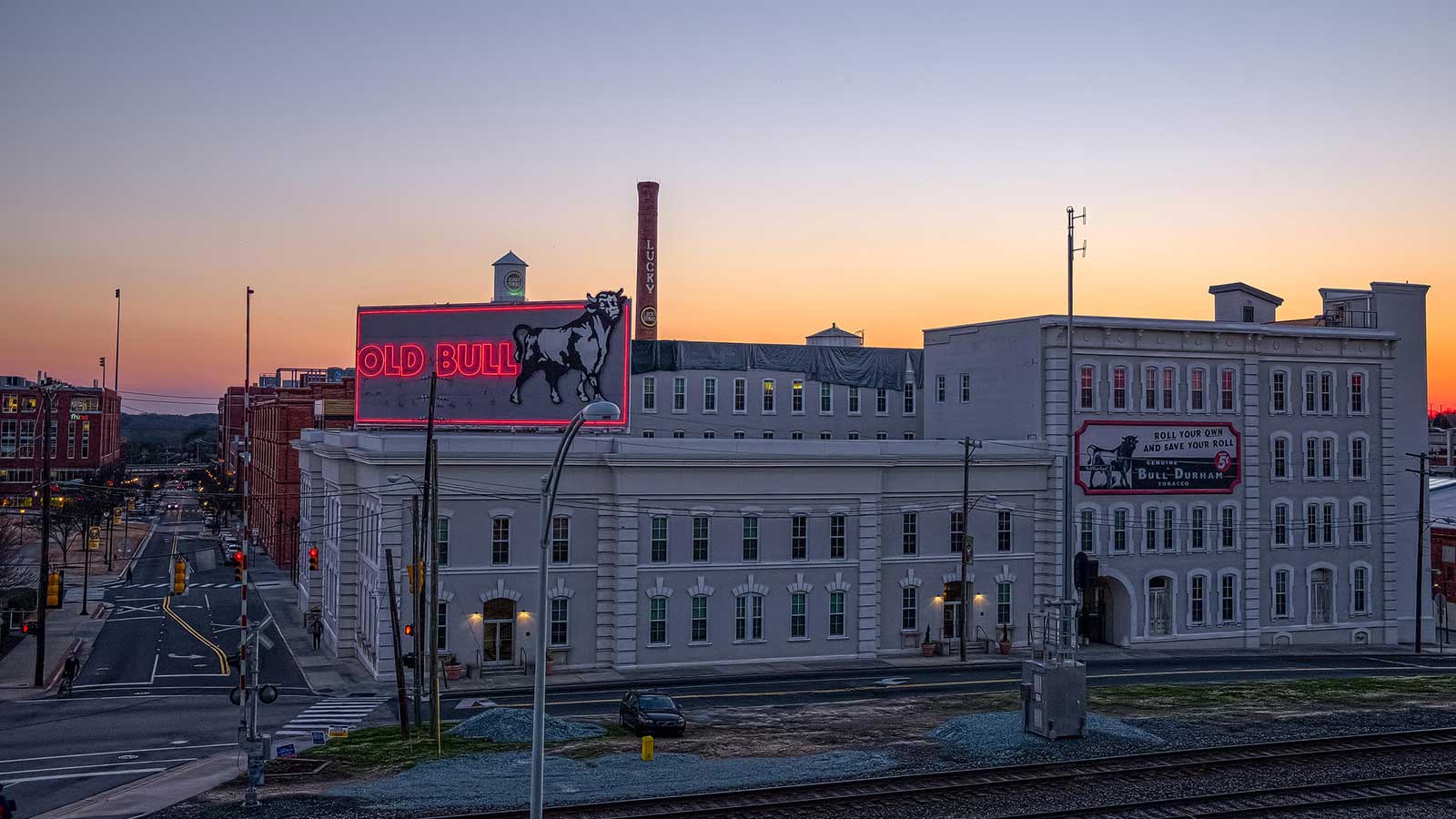Durham is showing what providing reparations for slavery could look like by actually trying to do it.
The city’s budget for the next fiscal year includes $6 million that will go toward green and equitable infrastructure in historically Black neighborhoods. Durham intends to allocate money every year going forward.
Mayor Steve Schewel says he wants to see the reparations efforts at the city level replicated on a national scale.
“I think, locally, what we can do is we can do things that are reparative,” Schewel said. “And we do that every day in our work in the city. But that’s different from really having a program of reparations. And I think that’s an important distinction.”
Asheville is setting another example, separately, committing $2.1 million toward funding reparations about two weeks ago. Durham and Asheville are among 11 U.S. cities attempting to provide reparations.
In 2018, the Durham City Council passed a resolution calling for reparations to descendants of enslaved people. Last year, the city council voted to invest in things like home ownership or health care in areas where Black residents face disparities.
“The historic injustices from slavery from Jim Crow, and now the injustices that continue today, have had an incredibly disproportionate burden on our African American brothers and sisters here in Durham and around the country,” Schewel said. “And this it has led to an enormous racial wealth gap that is unjust.”
Leaders say that the budget approved for Durham for the next fiscal year will fund community safety, affordable housing, green and equitable infrastructure projects and COVID-19 recovery. The property tax rate will increase by two cents; most of which is going toward an affordable housing bond that voters passed in 2019.
Source: BPR
Featured Image: Durham North Carolina (Philip Vignola, Bull City Pictures).


